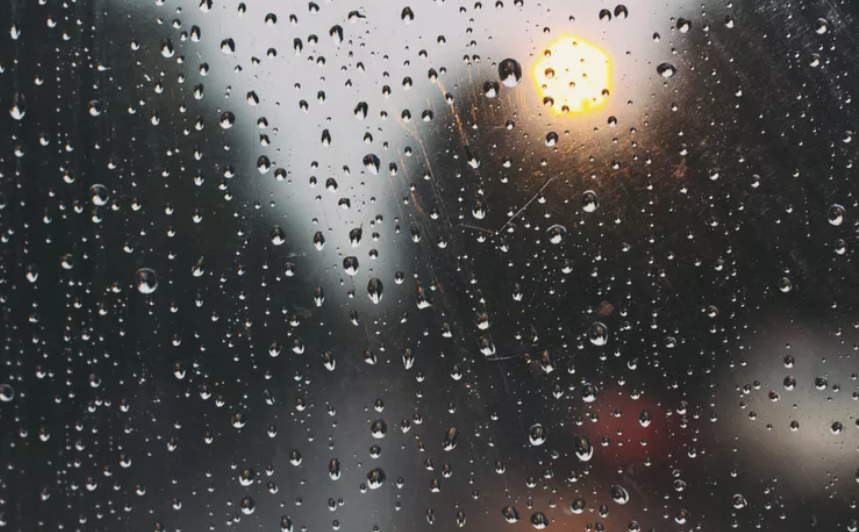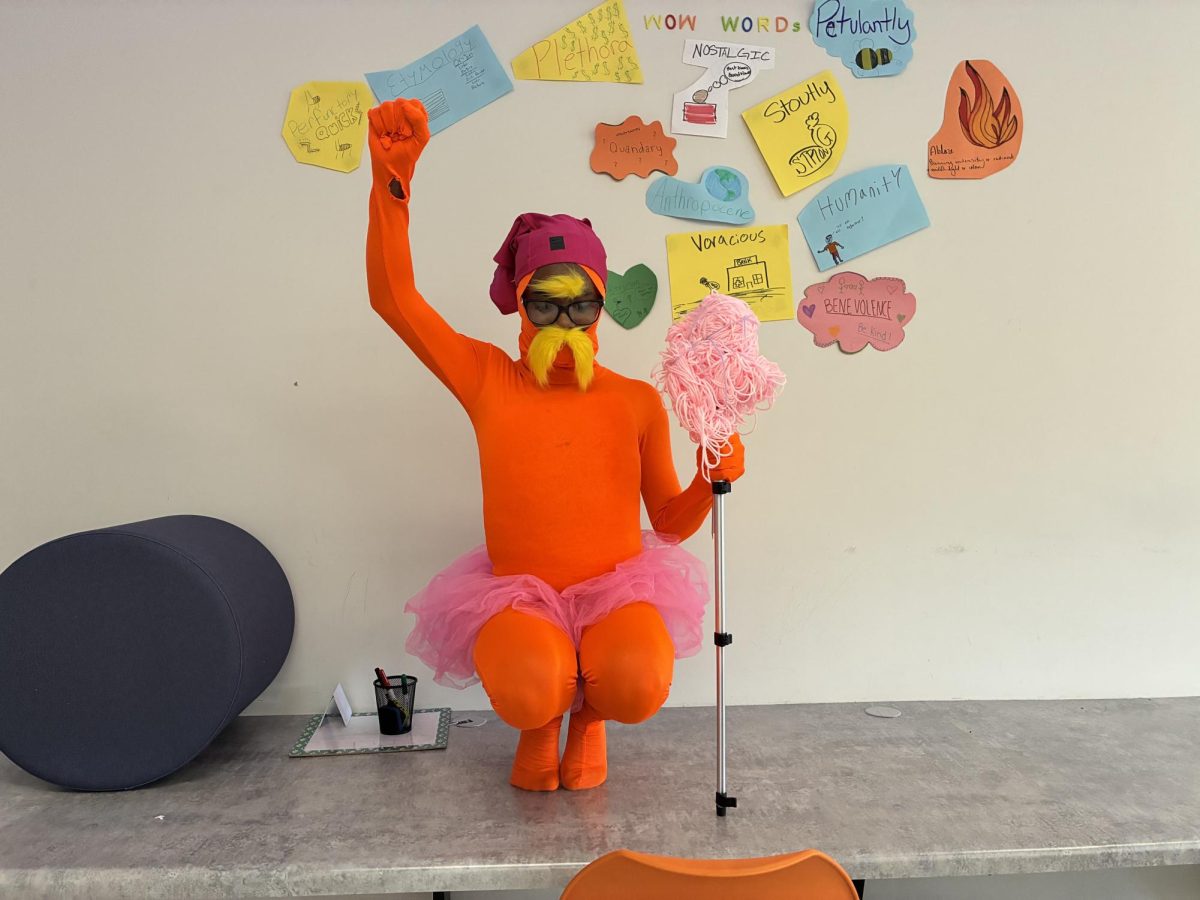The Winter Blues
Snowflakes are not visible to the naked eye, just like sadness.
February 10, 2022
A hard topic for some to talk about is how mental health can make it hard during the winter months. So let’s address it.
Some people, students specifically, can tell you about how stressful school can be during the colder and gloomier months because of the lack of sun, having the capability to do fun things to stay productive and keep them in high spirits is limited.
Sometimes there’s an overload of work and finals that just get left behind and forgotten about not even purposely, but simply because motivation has run down from on top of the hill of success from the beginning of the semester and gets run right down into nothing by the end of the semester.
Being able to take care of motivation correctly can be hard if you haven’t done it before. Studies and people that are certified to diagnose people classify the lack of motivation during the winter season as Seasonal Affective Disorder. Some people may live with it while not being aware of it.
When looking at some studies done on the subject of sadness in the cold months there isn’t really any clear conclusion on why it happens, although, some scientists think certain hormones deep in the brain trigger attitude-related changes at certain times of the year, in this case, winter.
While on the search to get an understanding of what it may feel like I simply questioned someone that experiences the issue.
¨The winter months feel like they’re years long. It’s tiring and honestly makes me sad,¨ Amareka Reese (’25) said.
Hearing other people who have the same issue can help others who don’t know how to address or cope with the problem they are faced with because in the end you’re not alone and learning how to help yourself can only benefit you in the end.
Luckily the warmer months are soon approaching and everything will be sunshine and rainbows again.






























